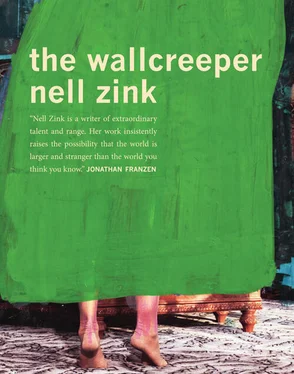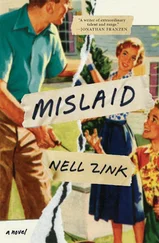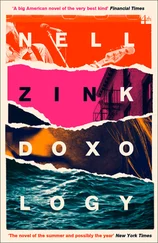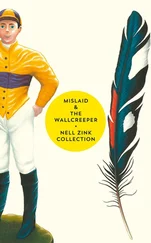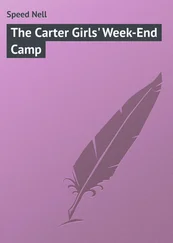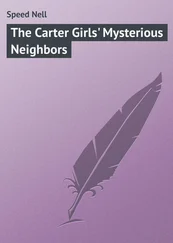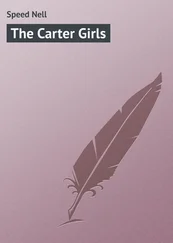Our fights had a strange new quality: earnestness. Regular contact with the environmental movement had turned Stephen into a man who spoke his mind clearly and purposefully.
Before Stephen turned earnest, we never had fights.
Berne, my beloved Berne, was looking to the earnest Stephen more and more like a cobblestone prison yard. He began saying the stent was antiquated and that his coworkers were intellectual midgets now that all the good people had been transferred to Topeka or Berlin. And all the while the Rhine climbed higher, rolling and writhing in its corset of stone, moaning to be free. Ships bobbed through its lifeless locks, electric power flowed from its bloodstained turbines, the river had been dead for eighty years and there wasn’t a goddamn thing anyone could do about it, except work day and night and see Birke on weekends. She was more than willing to marry him. Her political persuasions admitted of no other stance. “No human being is illegal!” she would insist, as though she had picked up Stephen in a camp in Chad. She thought marriage would solve all their problems. He could live with her, collect welfare, and save the world.
The fights went on until he got a scholarship to study chemistry. George could supposedly only afford to pay him six hundred euros a month. That’s plenty to retire on in Berlin, Birke had assured him, but it’s illegal to be that poor unless you’re a German or married to one. Stephen had staged fights with me to ease the pain of deep-sixing his career. After the letter from the Technical University arrived, he remarked that taking a few years off to get a master’s would be a gap on his résumé, but not nearly as bad as working for Global Rivers Alliance.
Birke had no chance against me. By staying at home — as I had done from the beginning (I seldom slept with Elvis anywhere else!) — I had made plain to Stephen that I was the type who stays at home, come what may. Better, worse, sickness, health, all the various combinations that can go either way depending on who’s pushing harder. If you believe in marriage as an institution the way Stephen did, one thing you definitely don’t want is to try it more than once. If Stephen married Birke, the marriage would end, because for her it was one option among many. Whereas if he stuck with me and saw her on weekends, he and I would one day share a headstone. Game, set, and match Tiffany.
But Stephen didn’t give notice. He kept holding out for a transfer.
In November, he refused a transfer to Topeka. When I suggested he call Omar and ask what Topeka is like, he laughed. In return for his refusal, the company issued him a C-class Mercedes and a little tiny handheld computer. He had been tested for gumption and not found wanting. Or maybe it was a bribe.
He sold the Volkswagen without telling me. It was weeks before I knew where the Mercedes was parked. I was never allowed to touch the computer.
I was desperately unhappy. I remembered the cranes and even the fog on the levee as though remembering the land of lost content. The Housman heaven: I see it shining plain, the happy one-way highways. And the Bialik heaven (as per T. Carmi): the distant islands, the lofty worlds we saw in dreams that evict us to dwell under the open sky (as absolute vagrants, seeking always those sunny days with a light fresh wind) and make our lives a hell.
Stephen looked haggard. Mentally, he was unrecognizable. “Birds are quantum,” he would say blandly. “If you can even figure out where they’re hiding, it’s too late to see them as they truly are. There’s no such thing as birdwatching. It’s an illusion for stupid people.”
During the week, he worked full time and then some. He had to clock as many hours as colleagues who spent Saturday afternoons at the lab, all while running Global Rivers Alliance in his spare time. Most nights he went straight to bed before eleven and thrashed around while he slept. On weekends he flew to Berlin. The round-trip by train would have eaten up twenty hours. My pin money was going down, down, down.
On weekends I was alone. I tried snowshoeing. It was too loud, too raucous, too much hilarity, too much money, plus Stephen said I might accidentally squish grouse. The Bat Society (I tried them next) was on winter hiatus, its bats snoozing away in cellars and caves. The women in hand-knit mohair sweaters and silk scarves assured me that bats are soft and clean with wings like kid gloves and that I need not fear them. The astronomy club seemed more promising. I spent an evening standing next to a goon huffing steam in the cold and saw the red spot on Jupiter, which looked just like on TV.
My misery was firm and unshakable. The old city of Berne was my natural habitat. It was where I felt at home, where I wanted to be. I didn’t want to leave. Berne was where I could become most completely myself — possessive, shrewish, lonely. There was nothing to retard my self-actualization.
George’s new intern was very good-looking and a fine media designer, but not much to talk to. She knew nothing about environmental issues and cared less.
Consequently, Stephen was physically revolted by her. As if her failure to notice what was going wrong with the planet was linked to a black, spongy degeneration of her brain that might be contagious.
Even my own desire to improve my moral standing repelled him. “What’s that got to do with the price of tea in China?” he would snarl. “Breaking up with Elvis is not the same as being a decent person. It’s utterly irrelevant to anything and everything. It’s a matter of absolute ethical indifference whether you screw around. The world is not a better or worse place because you do or don’t screw around.”
The poster campaign hadn’t cost Stephen any real heartache. But once the money ran out, Global Rivers Alliance’s self-promotion migrated online, and to his sorrow, every single person who toyed with the idea of wiring two dollars to George first felt compelled to debate the merits of Wasserkraft Nein Danke with him. Most were themselves running tiny organizations that had arisen by spontaneous generation or mitosis. No one had supporters. Stephen spent hours writing closely argued defenses of himself and his aims. Each one unique, because you can’t copy anything anymore without getting caught. Rushed, because anyone who didn’t get an answer within fourteen hours would write again with more questions.
Eventually he tried one of those services that limit your communication to a hundred and something characters, and it saved him. He began pouring his energy into aperçus and bon mots. That was better. His task now was to strike a jaunty pose from which to launch scathing witticisms about the energy industry. Instead of preaching to the converted, he would sit on the couch with them watching the news and make snide remarks. But they still wanted clever new aphorisms every day.
The Rhine Conference was not open to the public like Nature Protection Days. It was for professionals. Stephen and Birke worked hard every weekend to prepare. Sworn to present their work to an audience of experts, they had to figure out what it was. They had goals, partners, approaches, and a campaign — all the things you can have without actually having done anything — but they needed projects. Wasserkraft Nein Danke was not a project. It was a negation. The project to end all projects. When he got back, he made it sound as though he’d had five minutes to get ready and been dragged there by his hair. “Never again,” he said.
“Who was there?”
“The usual suspects. The BMVBS, the WWF.”
I waited for more information and finally said, “Were they not nice to you?”
“They paid no attention to me. It’s like they can smell that I know nothing about ecology or hydrology or engineering. Maybe if you’re actually legit, you emit this pheromone and they can smell it.”
Читать дальше
Конец ознакомительного отрывка
Купить книгу
